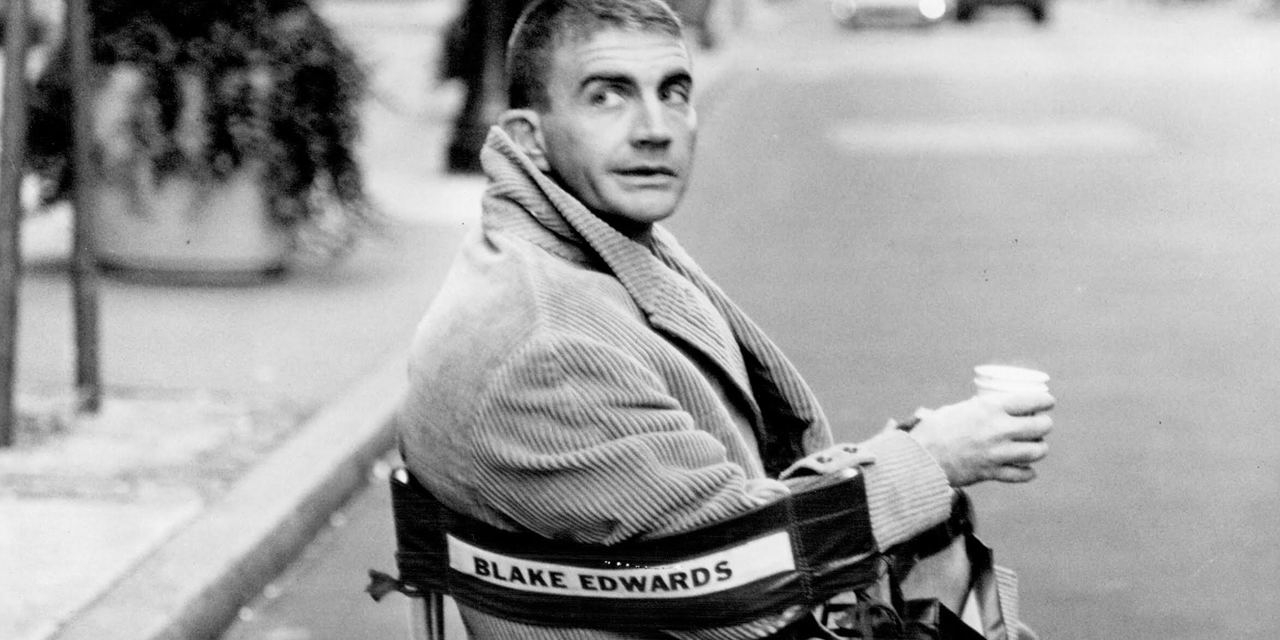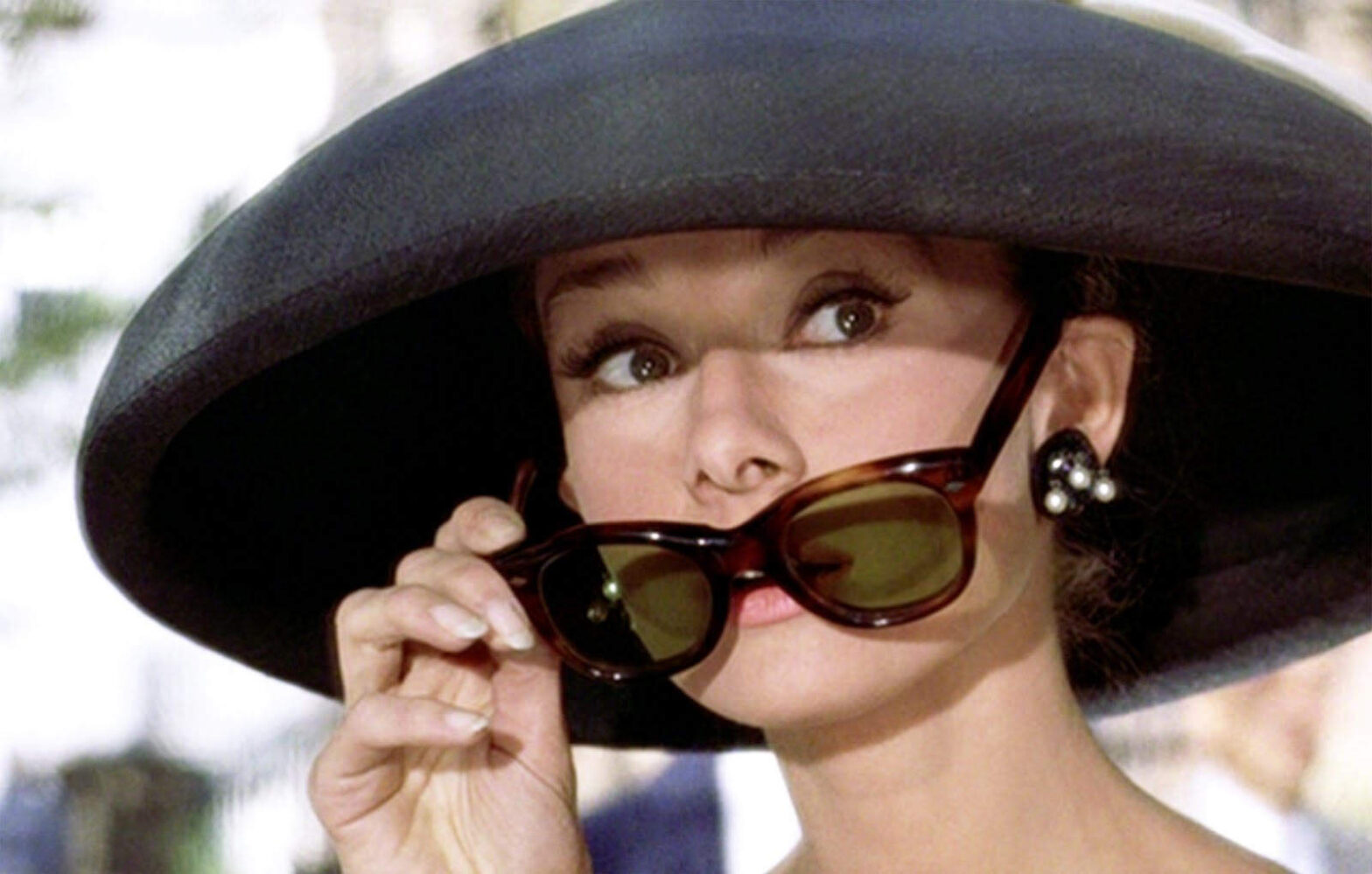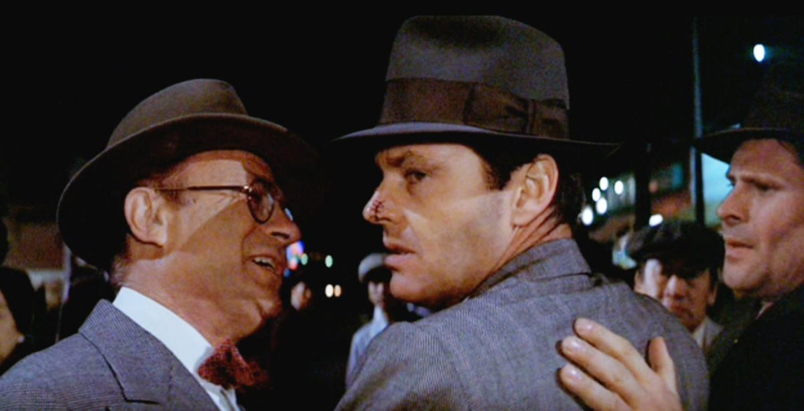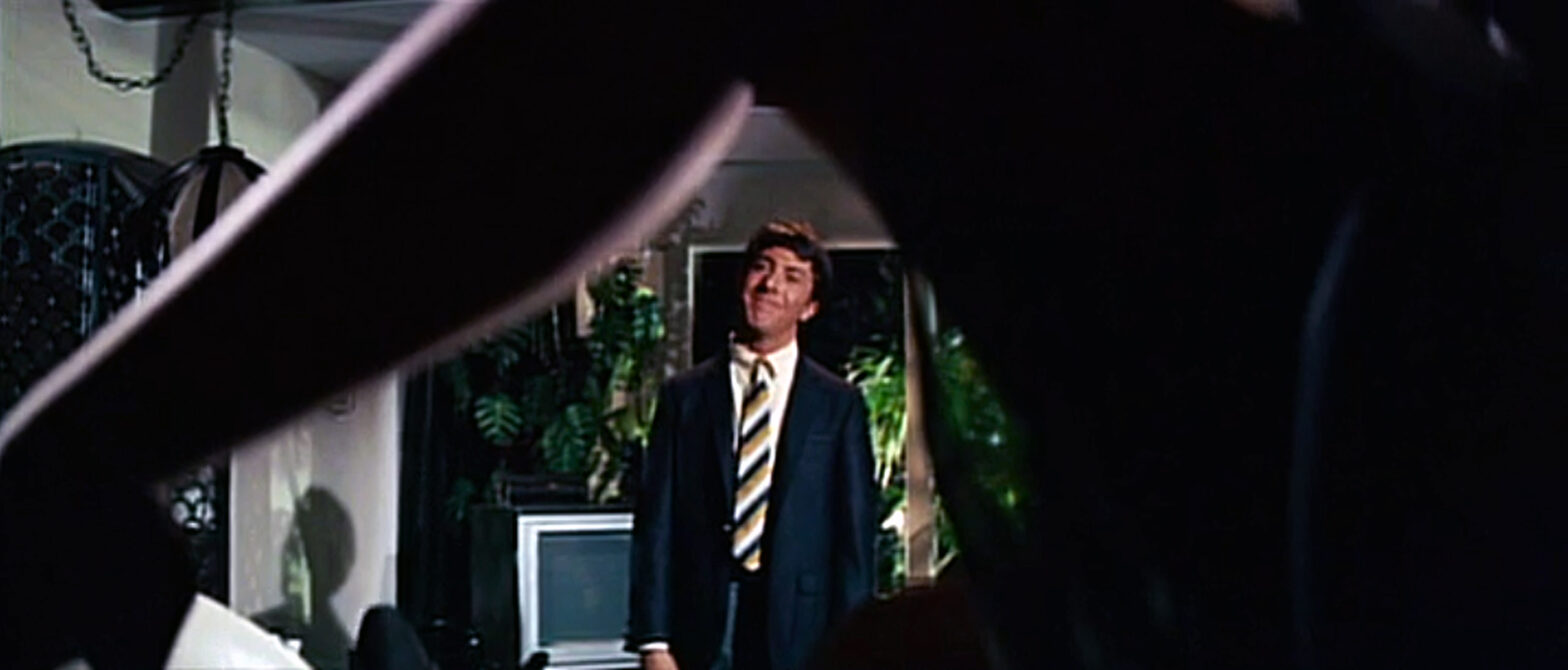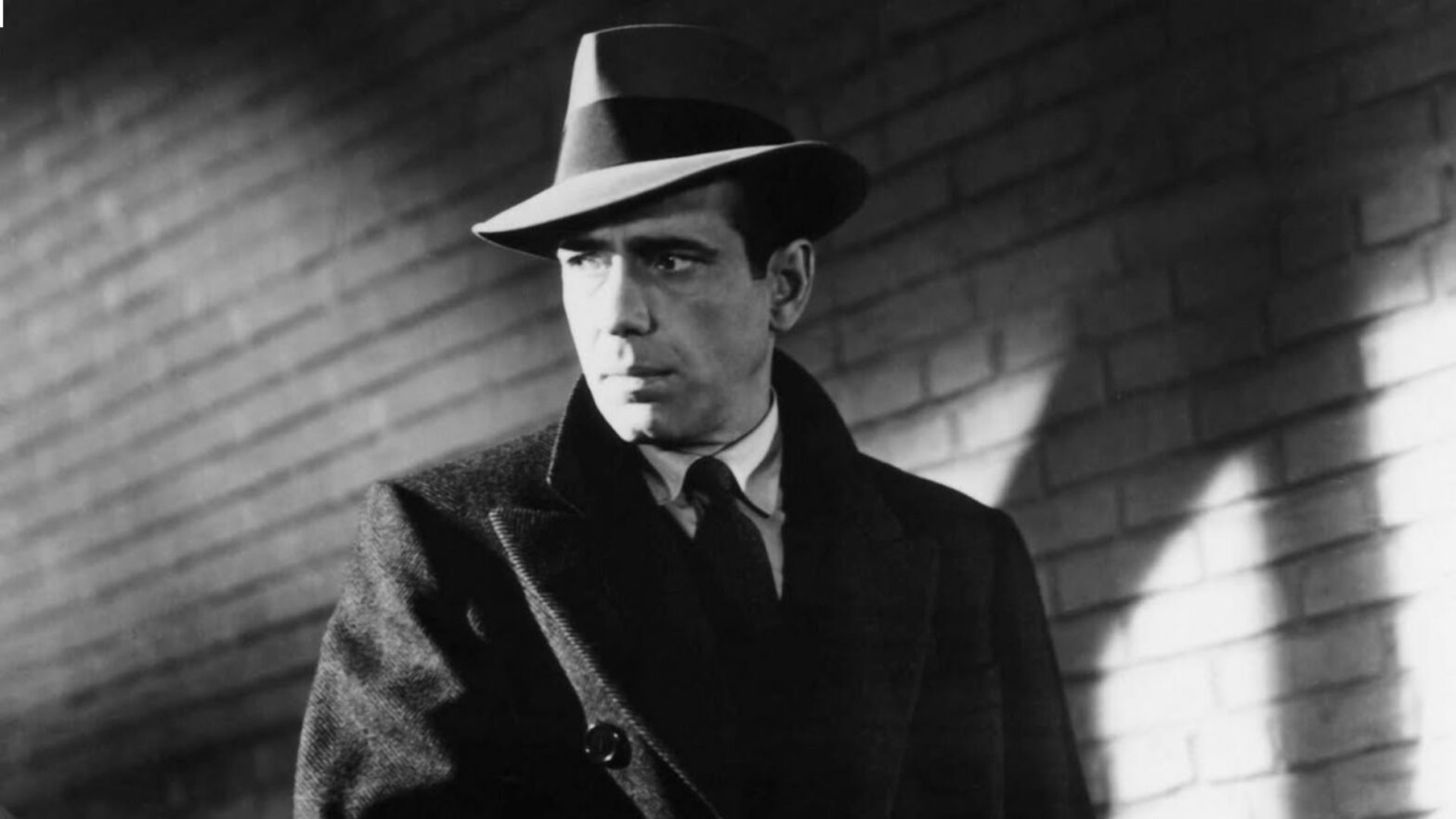Picking a Scene Apart: There’s more here than the audience perceives: I’m beginning a new series of articles where I literally pick a scene apart to show the reader what each little bit of the scene means. What that part establishes about a character or a character relationship. What is being done subliminally, symbolically, and… Continue reading Frame by Frame: Blake Edwards
Tag: Film Technique
Articles or reviews which also reveal the technique and artistry of how movies are made.
Breakfast at Tiffany’s
Breakfast at Tiffany’s (1961) is still a thoroughly entertaining and engaging movie, even at the age of 60. What has made it endure for so long is the real connection audiences make to Holly Golightly, played by Audrey Hepburn. The movie had a very contemporary setting and the early 60s had a distinct vibe. John… Continue reading Breakfast at Tiffany’s
Chinatown
Part of the American New Wave Series Chinatown (1974) is easily one of the five best films of the American New Wave. There’s something very special about a movie that makes you want to watch it over and over so you can find more depth to the story. It captures your interest and never lets… Continue reading Chinatown
The Graduate
The Graduate (1967) is the seminal film of the late 60s. It spoke to an entire generation of youth who were disillusioned and disaffected. The Baby Boomers had more expectations placed upon them than any previous generation. As their ideals about what America was supposed to be came crashing down around them, the Boomers began… Continue reading The Graduate
Some Like it Hot
Flawless Some Like it Hot (1959) is widely considered to be the greatest screen comedy of all time. Yet before its release that would have been hard to imagine. The film was swarmed by controversy including worries about homosexuality, cross dressing, and sexuality. America has grown up quite a lot since then, and today it’s… Continue reading Some Like it Hot
The Maltese Falcon
The Maltese Falcon (1941) was the nothing short of astonishing directorial debut of John Huston. He meticulously planned it shot for shot while writing the screenplay, incorporating the notes directly onto the page along with sketches of each shot. By doing the work first, Huston was able to fine tune and improve on much of… Continue reading The Maltese Falcon
